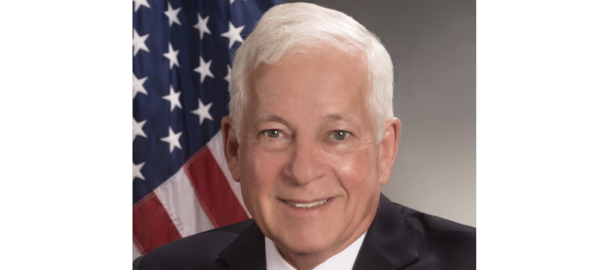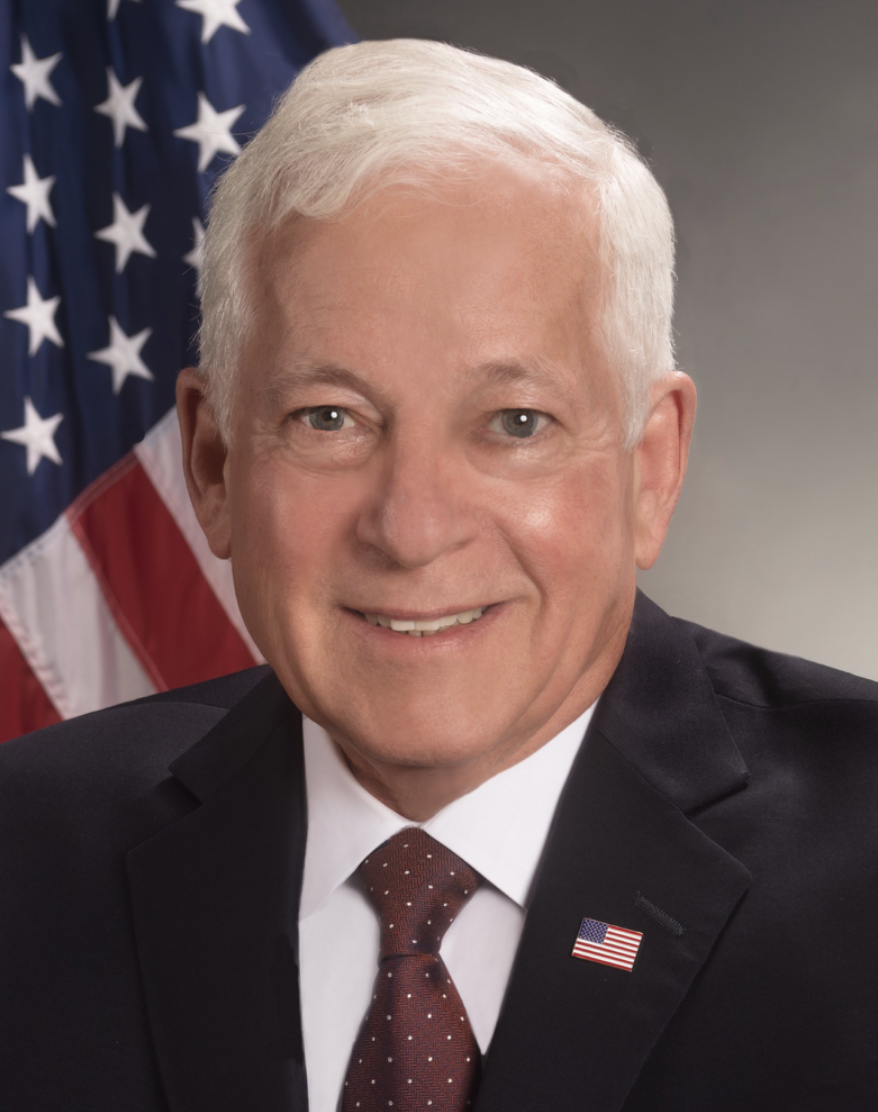
Where There’s a Will There’s a Way
Rampant technological changes seem to occur instantaneously. Keeping current with our phones and computers can seem like a daunting challenge. And I, for one, don’t always have my grandchildren available to help!
I am privileged to serve as the Chair of the New York State Assembly Judiciary Committee. In recent years, we have collaborated closely with our judges to modernize our court system. The plague of COVID taught us how significant it is for our judicial system to adopt modern technology to serve the noble ends of justice. Our legislative process, however, is steeped in ancient tradition and is slow to change with the times.
We must all realize that artificial intelligence is developing more rapidly than any other technology. It is producing monumental scientific advances in medicine and research. But there are substantial risks. AI can also be used to produce deadly weapons. The Assembly and Senate passed the Responsible AI Safety and Education Act (“RAISE”), requiring AI companies to develop and follow safety and security plans. (S6953B/A6453B). Another measure (S7599C/A8295D), mandating state agencies to continually review automated decision-making software that utilizes AI without human involvement, passed both houses.
Two other somewhat less exotic measures are also significant. Governor Kathy Hochul’s dedication to “letting our kids be kids” resulted in legislation banning cellphones in our schools.
Additionally, I am pleased to report that my bill (A7856A/S7416A), the New York Electronic Wills Act, was the last legislative proposal debated and passed on the Assembly floor on June 17. It awaits Governor Hochul’s signature enacting it into law. This bill will make it legal for people to create, sign, and file their wills electronically, making it easier and less expensive for New Yorkers to make sure that their assets are distributed how they want and to whom they want.
E-Wills are already legal in 14 states and Washington, DC. They simply modernize the way a will can be executed. They follow the same traditional legal formalities required for paper wills. The only difference is that the signing ceremony takes place online, is video recorded, and the will is executed using an electronic signature. We can go online and create a will today. We would just have to print out the document and then find witnesses and a notary to formally execute the will. To make sure that the will’s provisions meet legal requirements, we should work with an experienced lawyer. The bill is based on a measure known as the Uniform Electronic Wills Act (UEWA) drafted by the Uniform Law Commission (ULC). The ULC, also known as the National Conference of Commissioners on Uniform State Laws, began in 1892. It offers states non-partisan pragmatic proposed model legislation, the objective being to provide rules that are somewhat consistent from state to state. Colorado, Idaho, North Dakota, Utah, Washington, the District of Columbia, and the United States Virgin Islands have adopted the E-wills legislation drafted by the ULC. Minnesota has adopted a similar proposal with some modifications. Arizona, Florida, Indiana, Nevada, Illinois, and Maryland now have E-wills laws that are somewhat different from the ULC version.
My E-wills bill was the product of years of collaboration led by the Trust & Estates Section of the New York State Bar Association, which partnered with the Office of Court Administration (OCA) and our Surrogate Court judges. Input was provided by AARP, Met Life Legal Plans, Responsive Law, the Electronic Signature & Records Association, and Trust & Will.
Not long ago, I lost someone who was very close to me. I regret never asking if he had a will to protect his children. I assumed that he had a will. His children would have been protected if he had a will. He had no will, and sadly, his children were not protected.
Two-thirds of New Yorkers do not have wills. If enacted, this law will make it easier and less expensive for our families to be protected. That is a good thing.
Assemblymember Charles Lavine represents New York’s 13th Assembly District in Nassau County.

